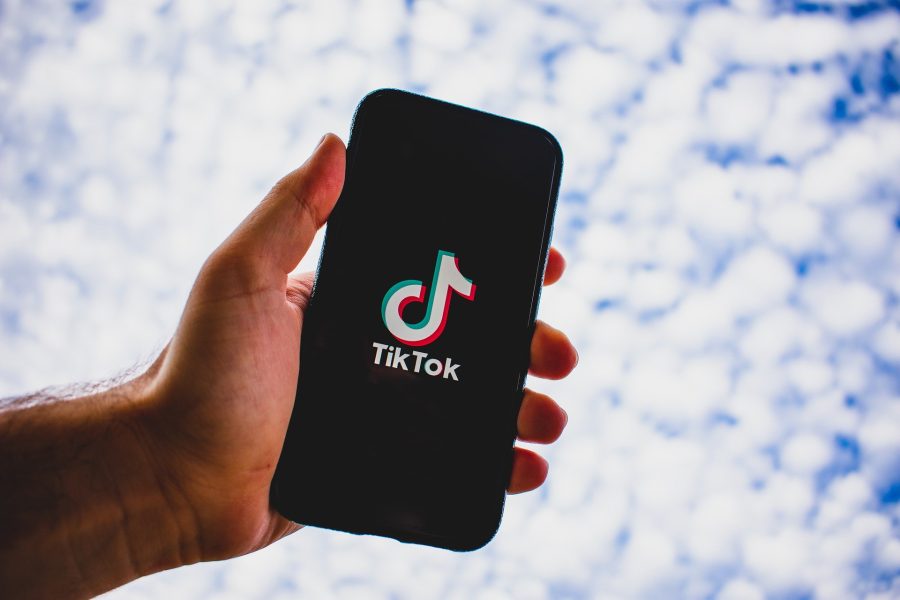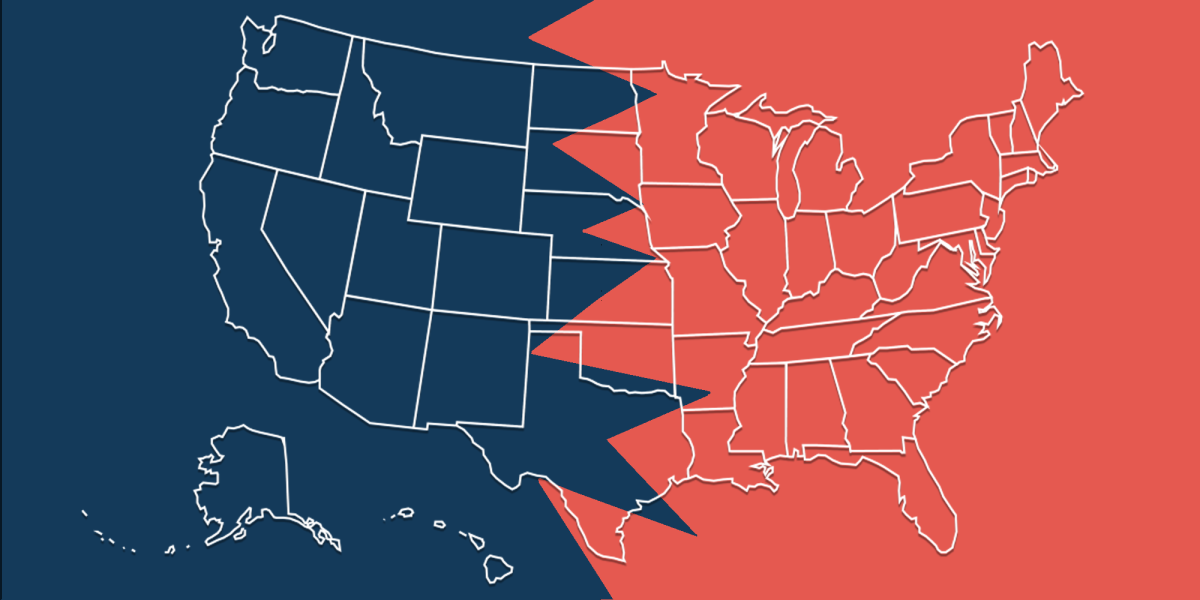Get the coffee, file the paperwork, get these checks signed and lastly, don’t get paid for doing any of it.
Senior Brooke Ranalli has experienced this as an unpaid intern this semester at Elite Events, an event planner in Toledo.
Her experiences were not soley based on money, but her love for the job and the culture of the company.
“I love the company culture at my unpaid internship, and I’m gaining tons of experience,” Ranalli said.
But not all people are happy with an unpaid internship, which has gotten national attention last year.
When interns Eric Glatt and Alexander Footman were not paid for their time and effort on the set of “Black Swan” produced by Fox Searchlight Pictures, they sued, claiming they did enough work to be qualified as legitimate employees, and won. Fox Search appealed the case and the trial will resume in March.
Since last summer, when this case began, many employers have changed or removed their internship policies.
“Employers learned a trick,” said Glatt, who got his a Master’s degree from Case Western Reserve. “They take normal entry level jobs and give them to interns, unpaid.”
Judge William Pauley presided on Glatt and Footman’s case. He ruled “Searchlight received the benefits of their unpaid work, which otherwise would have required paid employees.”
Students looking for internships usually need them for college credit in order to graduate, so some will take them where they can get them, even if they’re unpaid.
The University’s Career Center has a policy for unpaid internships, and sends companies the Fair Labor Standards Act to make sure they have all of the requirements for having unpaid interns.
Jessica Turos, the associate director of the Career Center, said her office helps students deal with and get internships.
“We identify companies in Ohio that have internship programs,” Turos said.
Turos said students prefer being paid because they have to work for it, and the difference between unpaid and paid comes down to one thing, supervision.
For an intern to be unpaid, their work must not displace regular employees but work under the supervision of the existing staff, and the employer must not derive an immediate advantage from the activities of an intern, according to the Fair Labor Standards Act and Turos.
Although money is a big incentive for students, Ranalli said loving where you work is the key to success, because the whole experience goes on a resume for future jobs that are similar to students dream jobs.
Enjoying it does matter, she said.
Ranalli said there is no difference in the quality of her work between the two internships.
“I give 100 percent so I have enough experience to fall back on,” Ranalli said.
But plenty of companies still pay their interns.
Garrett Bunyak, the director of development for Northwestern Mutual in Toledo, said his company pays interns.
“They work directly with the clients as regular sales representatives,” Bunyak said. “They can get paid weekly, commission and with bonuses.”
PepsiCo-Frito Lay, in Brusnwick, Ohio, is another company that pays their interns, Dale Cary, a manager at PepsiCo said.
“The interns pretty much run their own program. And some of them even end up getting job offers set up afterwards,” Cary said.
Junior Courtney Crowe had a paid internship on campus last semester.
Money was an incentive to her experience, where she worked for Five Hour Energy.
“I probably worked harder knowing I was getting something else out of it,” Crowe said.
Requirements of an unpaid intern
1. The internship, even though it includes actual operation of the facilities of the employer, is similar to training which would be given in an educational environment.
2. The internship experience is for the benefit of the intern.
3. The intern does not displace regular employees, but works under close supervision of existing staff.
4. The employer that provides the training derives no immediate advantage from the activities of the intern; and on occasion its operations may actually be impeded.
5. The intern is not necessarily entitled to a job at the conclusion of the internship.
6. The employer and the intern understand that the intern is not entitled to wages for the time spent in the internship.
*Information taken from U.S. Department of Labor.



















